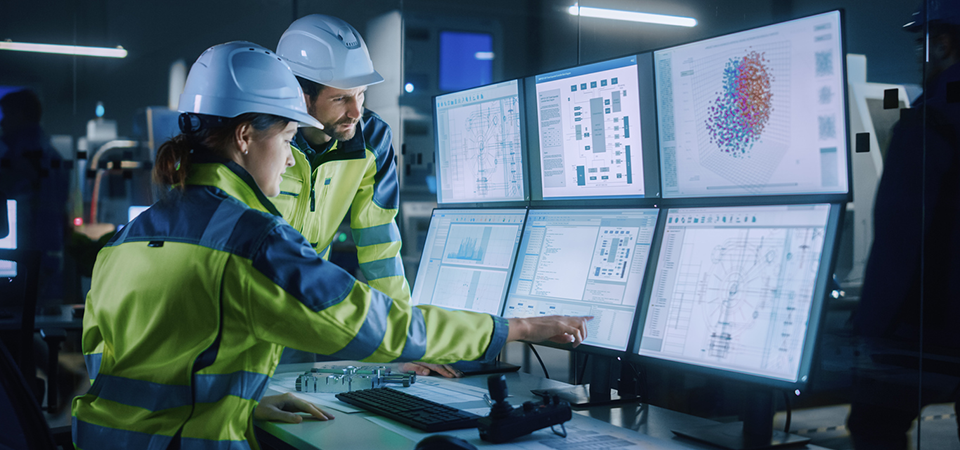These are the jobs most likely to be lost – and created – because of AI
May 4, 2023

- Around 40% of all working hours could be impacted by AI large language models (LLMs) such as ChatGPT-4, says a report from Accenture.
- Many clerical or secretarial roles are seen as likely to decline quickly because of AI, according to the World Economic Forum's Future of Jobs Report 2023.
- But roles for AI and machine learning specialists, data analysts and scientists, and digital transformation specialists are expected to grow rapidly, the report adds.
Reskilling people to use AI effectively will be the key to companies being able to use the technology successfully, says Accenture.
How would you feel about working as a human alarm clock? It’s a job people used to do before the Industrial Revolution of the 18th century. They would go around the dark, cold streets and tap on people’s windows with long sticks to wake them up for work.
The invention of the mechanical alarm clock changed all that, and many people are now asking which 21st-century jobs artificial intelligence (AI) and the Fourth Industrial Revolution could consign to the history books.
Professional services company Accenture describes the arrival of large language models (LLMs) such as ChatGPT-4 as "a significant turning point and milestone in artificial intelligence ... [because] they've cracked the code on language complexity".
It estimates that 40% of all working hours could be impacted by large language models (LLMs) such as ChatGPT-4. "This is because language tasks account for 62% of the total time employees work," it says.
However, the good news is that this doesn't mean machines will simply replace humans. Accenture says that 65% of the time we spend on these "language tasks" can be "transformed into more productive activity through augmentation and automation".
Read the full article here.
